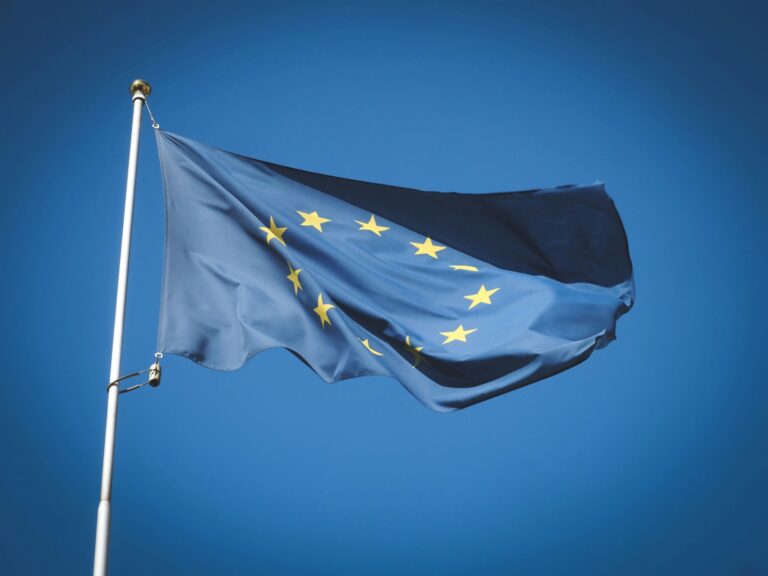Navigating Global Trade Turmoil: How Institutional Investors are Adapting Their Investment Strategies
As April 2025 began, institutional investors faced significant challenges due to geopolitical instability impacting financial markets. The month opened with a wave of economic turbulence, driven largely by a sharp shift in U.S. trade policy, which has raised concerns across the investment community.
Geopolitical Instability and Market Turbulence
The upheaval in markets stemmed from President Trump’s decision to implement “reciprocal” tariffs on key trading partners, including Mexico and Canada. This initial move rapidly escalated into a widespread global trade conflict. On April 2, substantial tariff measures were enacted, sending shockwaves through both equity and bond markets.
Impact on Global Trade Relations
While many nations managed to negotiate a temporary 90-day halt on additional tariffs, China faced even harsher penalties, with tariff increases soaring up to 145%. This situation has exacerbated the economic tensions between the world’s two largest economies.
Insights from Ortec Finance’s Whitepaper
A newly released whitepaper titled “Trade Wars: A Geopolitical Stalemate? What’s Next for Institutional Investors?” from Ortec Finance delves into the implications of this ongoing geopolitical climate for long-term investment strategies.
Key Themes Explored in the Whitepaper
- Economic Shockwaves: Analysis of the significant market shifts following the April trade escalations.
- Market Behavior: Guidance for institutional investors on interpreting short- and long-term market movements amid tariff uncertainties.
- Emerging Risks and Opportunities: Identification of potential risks and new opportunities as countries renegotiate trade agreements with the U.S.
- Strategic Considerations: Recommendations for navigating increased volatility and heightened geopolitical tensions.
For a comprehensive understanding of the current geopolitical landscape and its effects on investment strategies, read the full whitepaper here.







